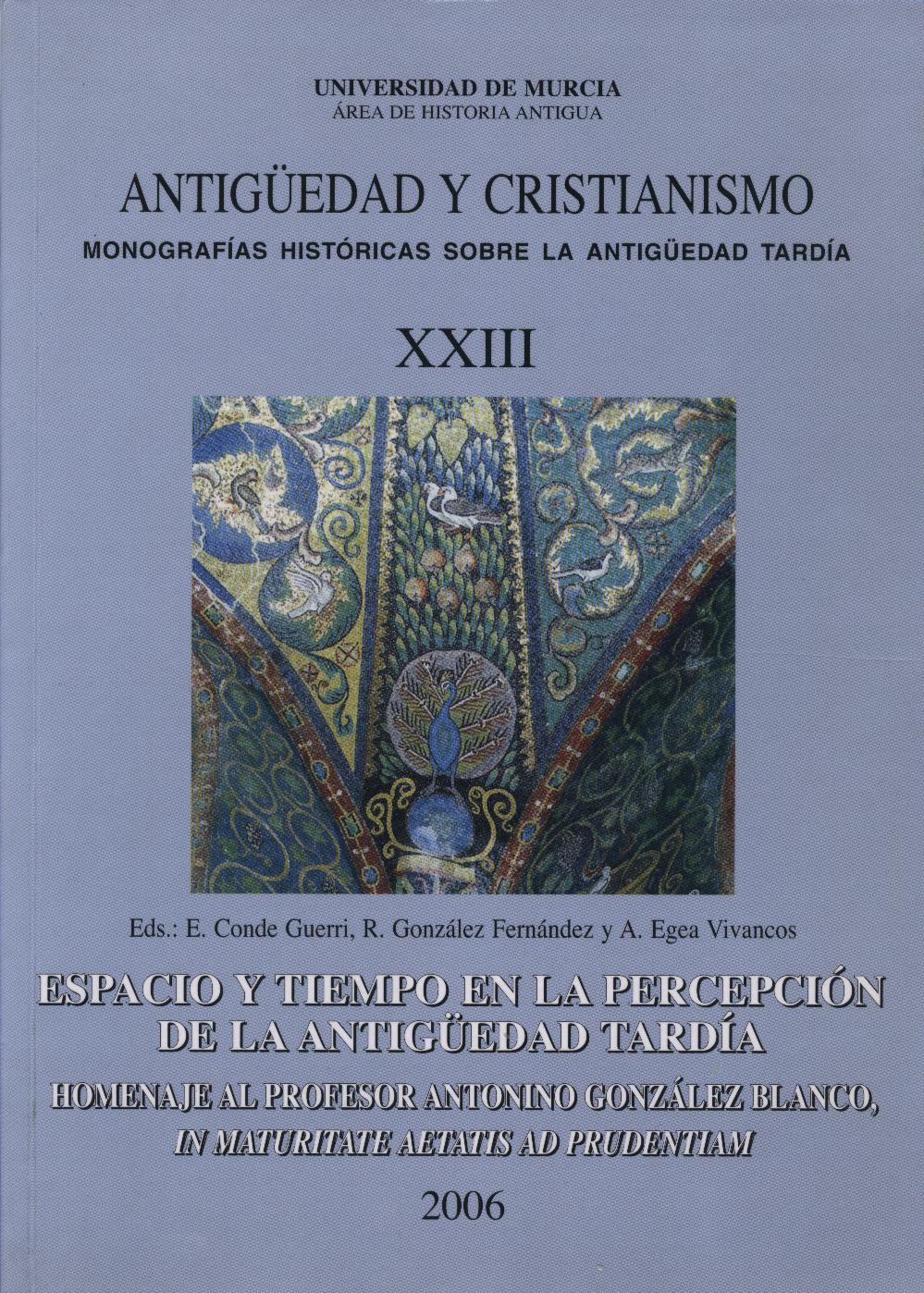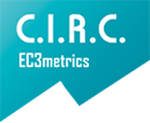La figura de Mahoma en Contra perfidiam Mahometi, de Dionisio Cartujano
Abstract
In this controversial work
Contra perfidiam Mahometi libri quattuor, Dionisio Cartujo presents Mahoma as an image full of those cliches which the Christian literature against the Islam had branded the moral identification of the Prophet. Using the same sources as his predecessors, especially the Collectio toletana, Dionisio, not being original, is prolific describing Mahoma as a fake prophet who used unorthodox methods to rise himself up as the head of the Arabs, pretending to have received from on High the revelation established in the Koran. For Dionisio, the fat that several Christian heresies are part of the Koranic doctrine represents the evidence that the Mahometan religion is a Christian heresy. It should also be mentioned that the moral perversion of Mahoma, which according to Dionisio, is exemplified in the cruel methods he used to spread his «prophesy» and in his scandalous sexual promiscuity, and gives to the word «prophet» an inappropriate image.
Downloads
-
Abstract592
-
PDF (Español (España))1860
1. The authors non-exclusively assign the exploitation rights (reproduction, distribution, communication and transformation) to the magazine.
2. The works published in this magazine are subject to the Attribution-ShareAlike 4.0 International license (CC By SA 4.0). Therefore, they can be copied, used, disseminated, transmitted and publicly displayed, provided that:
i) the authorship and the original source of its publication (journal, editorial and URL of the work) are cited, thus allowing its recognition.
ii) it is allowed to remix, transform or create from the material while maintaining the same license as the original.
Note: Articles prior to 2022 incorrectly display the CC by SA license in the abstract page. They are under a CC by NC ND license as embedded in the article pdfs. Articles published in 2022 and after are under the CC by SA license.

3. Self-archiving conditions. Authors are allowed and encouraged to electronically disseminate the pre-print (version before being evaluated) and/or post-print (version evaluated and accepted for publication) versions of their works before publication, as it favors their publication. Earlier circulation and diffusion and with it a possible increase in its citation and reach among the academic community. Color RoMEO: verde.
























